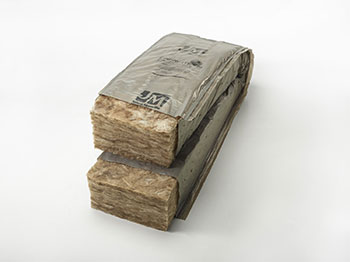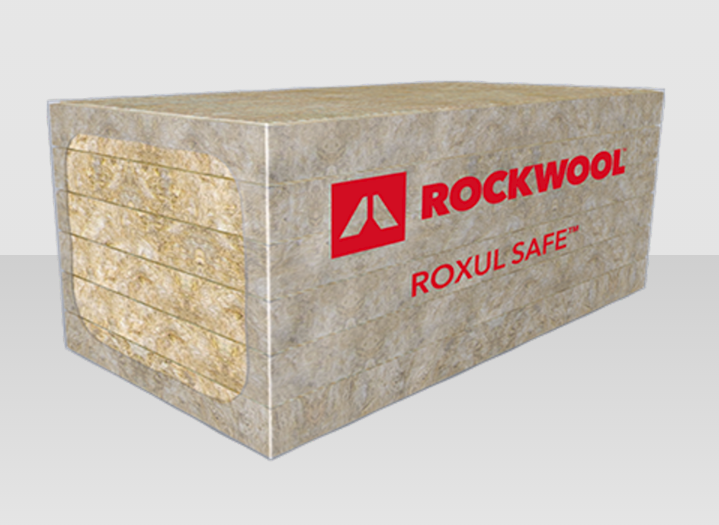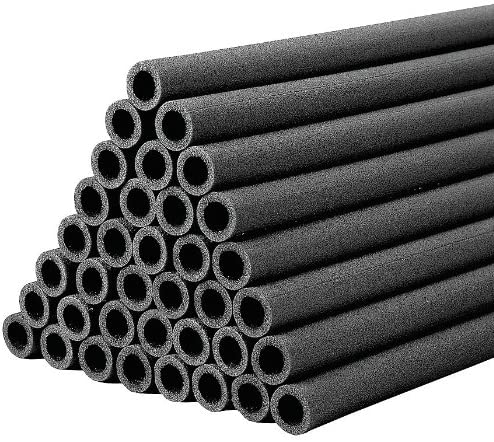The Ultimate Insulation Guide
According to energy.gov, “your home should be properly insulated from the roof down to its foundation.” This is because it’s estimated that 50% to 70% of the energy used in your home is for heating and cooling. Adding insulation to your crawl space, basement, and/or attic can help to greatly reduce your energy costs by lowering the amount of energy that you need to keep your home at a comfortable level. However, the amount of money that you’ll save depends on a few different factors like the type of insulation and the size of your home.
This guide will not only help you understand the importance of home insulation, but it will educate you on the different types that we use in homes across the Jersey Shore.
Additional reasons why insulation in the home is so important:
- Keeps you and your family comfortable.
- Helps to maintain your family’s ideal temperature.
- Helps you and your family stay healthy.
- Good insulation helps to resist the health hazards of mold growth, fungi, or mildew in your home.
- Minimizes noise level.
- Insulation can help minimize sound transmission across the walls of your home.
What areas of my house need to be insulated?
Attic
We have all heard the phrase “heat rises”, and that’s because it’s the truth. If your attic is lacking insulation, heat will escape through the roof and cool air will flow into your home. The attic should be a priority when it comes to insulation, especially the floor. Attic insulation keeps homes warm in the winter and cooler in the summer.
Basement/Crawl Space
If you have an unfinished basement and/or crawl space, chances are that it gets pretty chilly down there. Adding insulation can instantly add warmth to this area of your home, as well as prevent excess moisture and pests.
Ceilings
Being that heat rises, your home can quickly lose heat through its ceilings in the winter. On the flipside, you’ll find these same areas to be the hottest during summer time. Insulation can help subside these drastic temperature changes, as well as slow heat transfer so that ceilings stay warm in colder months and cooler in warmer months. In addition to this, insulation prevents condensation from forming on ceilings and causing excess moisture related issues like mold growth.
Floors
Insulated floors help eliminate drafts, reduce moisture, and retain heated and cooled air. Furthermore, insulated floors help to decrease noise level.
Walls
Insulated walls mainly provide comfort. Air can escape through the walls, particularly if you do not insulate your attic. Therefore, we recommend insulating both internal and external walls to create an efficient barrier between the inside and outside of your living space in order to stop drafts. An added advantage of wall insulation is that it offers privacy; insulated walls can dampen sounds, like insulated floors.
Different types of insulation that we offer:
Encapsulated Floor Insulation

R-Value Offerings: R19 & R30
Installation Locations: Attics, Crawlspaces, Garages, Lifted Homes, Walls
Description: Encapsulated insulation is the best option when insulating your floor. The insulation is installed between the floor joists in the “ceiling” of your crawl space. This practice closes off the building envelope at the floor of your home. Encapsulated insulation is fiberglass insulation housed in a vapor retarder to protect your investment from the inherently moist crawl space environment.
Roxul Mineral Wool

R-Value Offerings: R23 & R30
Installation Locations: Attics, Crawlspaces, Garages, Lifted Homes, Walls
Description: Mineral wool is becoming well-known for its beneficial properties in thermal performance, energy efficiency, and sustainability. It is also widely used for fire protection as the raw ingredients are naturally fire-resistant. When combined with fire-rated assemblies, mineral wool insulation helps improve the fire performance of the building and enhances occupant safety.
Rigid Foam Board/Sidewall

R-Value Offerings: 2″ = R-10-R-13 3″ = R-15
Installation Locations: Walls of basements/crawl spaces/garages and other applications.
Description: Rigid Foam Board is a great option in homes that experience perpetual moisture issues. If exposed to water, Rigid Foam Board does not sacrifice R-value as fiberglass or open faced insulation does.
Foam Pipe

R-Value Offerings: R-3
Description: Foam pipe insulation acts as a defense to help prevent frozen water lines. It’s securely installed around the hot and cold water lines and helps water be delivered to fixtures quicker while also saving on energy costs.
What’s the next step?
As we get closer to winter, your home may start to feel more cool and drafty than usual. Our team has been helping our neighbors along the Jersey Shore achieve their perfect home environment for over 20 years, so whether you’re looking to insulate your attic, basement, or crawl space (or maybe all three), we’re here to help! Call us today to learn more and book your home evaluation.
